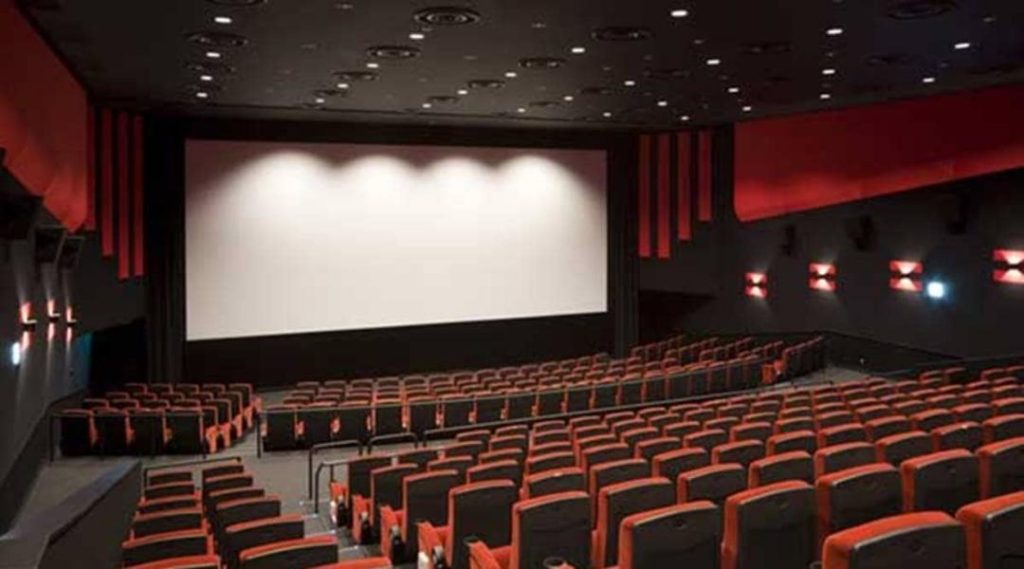
WB Mandates Bengali Films During Prime Time in All Cinemas
In a significant move to promote Bengali cinema and cultural identity, the West Bengal government has issued a notification making it mandatory for all cinema halls and multiplexes in the state to screen Bengali films during prime time daily throughout the year. The directive defines prime time as shows held between 3 pm and 9 pm, which translates to a total of 365 daily screenings per year.
The order, which comes into effect immediately, is a significant step by the Mamata Banerjee-led government to promote the Bengali film industry, which has been facing tough competition from Hindi and other regional films. The decision is expected to give a boost to the Bengali film industry, which has been struggling to maintain its foothold in the market.
According to the notification, all cinema halls and multiplexes in West Bengal will have to screen Bengali films during prime time daily, which will include shows held between 3 pm and 9 pm. The directive also makes it mandatory for cinema halls and multiplexes to display the schedule of Bengali film screenings prominently at their premises.
The decision has been welcomed by the Bengali film industry, which has been facing challenges in terms of distribution, marketing, and promotion. The industry has been struggling to compete with the big-budget Hindi films, which have a larger market and more financial resources at their disposal.
“We are thrilled to hear about the government’s decision to promote Bengali cinema,” said Soumitra Ranade, a well-known Bengali filmmaker. “This decision will give a much-needed boost to the industry and help us to produce more quality films that can compete with films from other regions.”
The Bengali film industry has been producing some outstanding films in recent years, which have received critical acclaim and commercial success. However, the industry has been facing challenges in terms of distribution and marketing, which has made it difficult for Bengali films to reach a wider audience.
The government’s decision to promote Bengali cinema is expected to help the industry to overcome these challenges and produce more films that can compete with films from other regions. The decision is also expected to boost the economy of the state, as it will create more job opportunities and generate revenue for the state exchequer.
The decision has also been welcomed by film enthusiasts and lovers of Bengali cinema, who are excited about the prospect of watching more Bengali films on the big screen. “I am thrilled to hear about the government’s decision,” said Debasish Banerjee, a film enthusiast. “I have always been a fan of Bengali cinema and I am excited about the prospect of watching more Bengali films on the big screen.”
The decision is also expected to promote cultural exchange between different regions of the country. Bengali cinema has always been known for its unique storytelling style and cultural sensibilities, which are reflective of the state’s rich cultural heritage. The decision is expected to promote cultural exchange between different regions of the country, which will help to promote national integration and unity.
In conclusion, the West Bengal government’s decision to mandate Bengali films during prime time in all cinemas is a significant step forward in promoting Bengali cinema and cultural identity. The decision is expected to give a boost to the Bengali film industry, create more job opportunities, and generate revenue for the state exchequer. It is also expected to promote cultural exchange between different regions of the country and promote national integration and unity.
Source:






